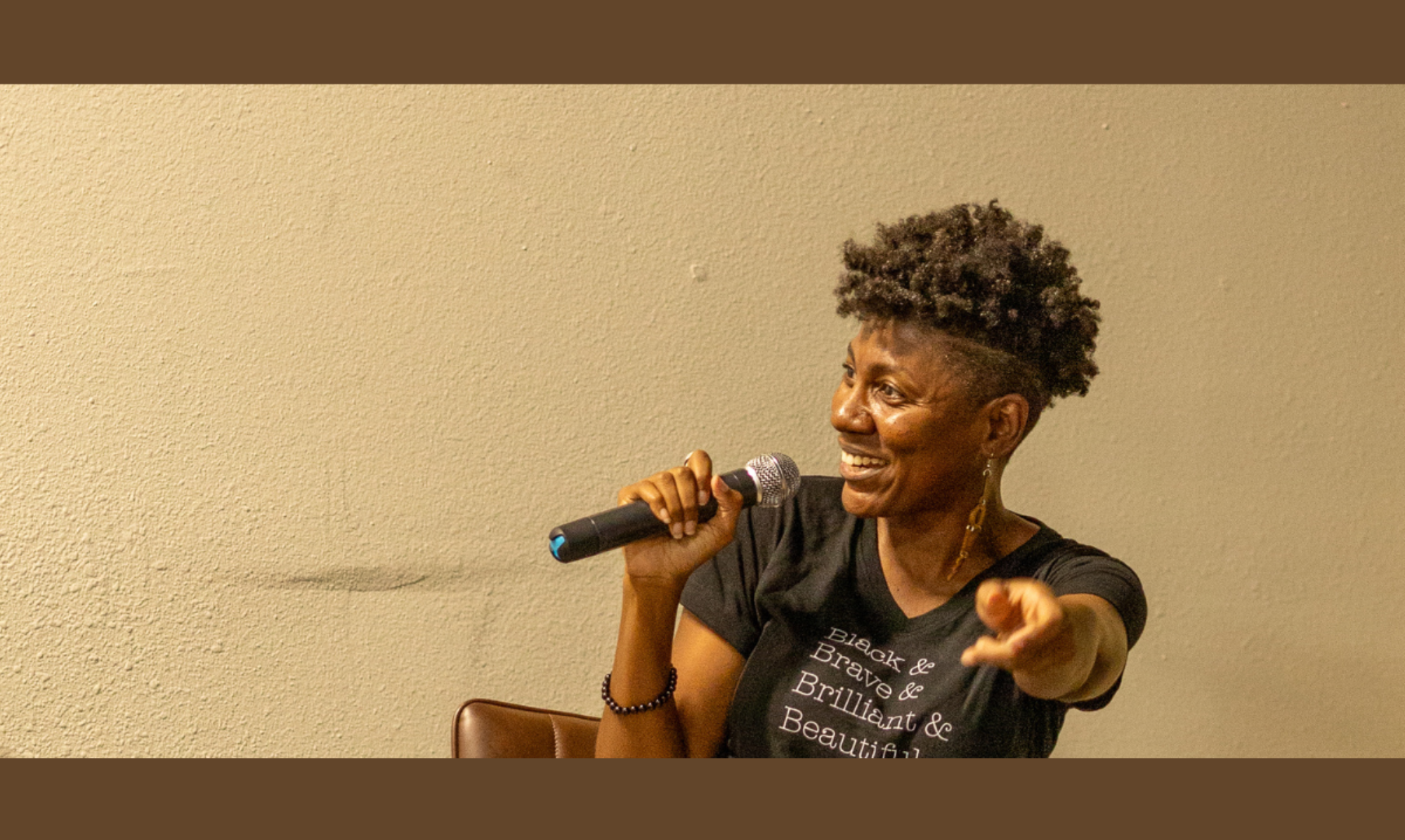The Woman King has been widely celebrated and honored by audiences, film critics, and reputable industry organizations, including the legendary NAACP Image Awards.
And yet it did not receive a single Oscar nomination, not a single one. This is significant because, whether we like it or not, an Oscar nomination, much less an Oscar win, is still considered the highest form of recognition in the industry, and it does influence the trajectory of films and acting careers.
It’s as if the Oscars have said: Hold up now, Black Women, especially dark-skinned Black women, yall getting too big for britches and should learn to stay in your place.
So the real reason I’m discussing this is because the Oscars’ snub of The Woman King has sent a very clear message that “The Academy” will not recognize any films that dare to challenge or threaten Hollywood’s white-supremacist-capitalist-patriarchy.
Watch the Live Stream or Continue Scrolling to Read:
I am returning to the topic of colorism and Misogynoir in Hollywood. More specifically, I’m going to explain why I think the Oscars are quite frankly being vindictive because The Woman King represents what happens when Black women choose themselves, when Black women have the audacity to succeed without approval from gatekeepers, and when Black women decide to be amazing despite insidious attempts at sabotage.
My critique of this situation is based on information from interviews about how the film was made and based on my analysis of the final product of the film itself.
Starting with the film itself, which I’ve done an analysis of before:
- We get an ensemble cast of dark-skinned Black women as principle actors and an entire narrative woven around their inner and outer lives. Which is unheard of for movies with this level of production and global recognition.
- Those dark-skinned Black women are honored, revered, respected, admired, and loved within their community, amongst each other, and by other Black men.
- We get to see those dark-skinned Black women in the full-range of their humanity rather than watered down, one-dimensional, palatable, or crude stereotypes.
- There’s no sugar coating the problems and oppressive dynamics that existed across African cultures, including misogyny and violence against women and complicity in the colonial slave trade. Because we can love and celebrate Africa without pretending like it’s a perfect utopia.
- The film portrays the ways that light-skinned and mixed-race people were often positioned as a middle class between white Colonizers and Black Africans.
- There are absolutely ZERO white saviors. All of the white characters are portrayed as cruel, and there are no white characters that white audiences can watch and feel better about themselves.
- At the end, Black people massacre the white folks, destroy their property, and free their captured kinfolk.
Behind The Scenes:
- Women had leading roles behind the camera as well, including producing, writing, directing, and costuming.
- And I want to highlight Viola Davis’s leadership and advocacy in particular. She’s someone who’s not just in Hollywood for the fame and money. She’s leaving a legacy and leaving an impact in the industry that goes far beyond just her individual career. She’s not just playing the game, she’s changing the game for herself and for dark-skinned Black women yet to come.
- Apparently it was difficult to assemble a team because other major players were afraid to get on board or be associated with the movie. They didn’t believe a film with all dark-skinned Black women leading could have such huge success.
- Other executives wanted to insert a prominent MALE lead, but the core team fought to keep it women-centered.
- There was pressure around hairstyling and the team had to fight to keep it as authentic as possible.
Contrasting the snub of The Woman King with the Embrace of Wakanda Forever.
- The contrast in how each of these movies has been received by the Oscars is intentional. It underscores their message that only films that stay within the bounds of what white-supremacist-capitalist-patriarchal gatekeepers feel comfortable with will be awarded by this institution.
- In other words, whether you like Wakanda Forever or not, it does not challenge or threaten the identity or the self-concept of those gatekeepers. It does not challenge the white-supremacist-capitalist-patriarchy of the industry.
- For one, it was primarily MEN in charge of making this film, and that automatically makes a huge difference in Hollywood.
- And going even deeper than that, my analysis of the film leads me to believe that Wakanda Forever is insidiously anti-Black and perpetrates a very recognizable brand of misogynoir.
- I’ve already addressed the issue of using dark-skinned Black women’s physical features for comedic relief in my article about the scenes poking fun at Okoye’s bald head.
- But the overall tone of the film felt like: See, Wakanda isn’t so special after-all. In fact, Wakanda’s lighter skinned rivals could wipe them off the map if they really wanted to. This is primarily based on the complete uprooting of the Wakandan origin story. Why couldn’t Namor and his people have their own origin story?
- I was frustrated that a film titled Wakanda Forever: 1) Gave at least 50% of meaningful screen time to NOT Wakanda, and 2) Wakanda was actually made to look quite feeble, week, and insignificant in contrast to their lighter skinned rivals. The film felt like it should have been called The Rise of Namor. And the lighter-skinned civilization was portrayed with a lot more seriousness, dignity, and respect than the Wakandans were given overall.
RECAP: The Oscars’ snub of The Woman King has sent a very clear message that “The Academy” will not recognize any films that dare to challenge or threaten Hollywood’s white-supremacist-capitalist-patriarchy.
If you’re interested in my speaking, training, or consulting services, please contact me here.

